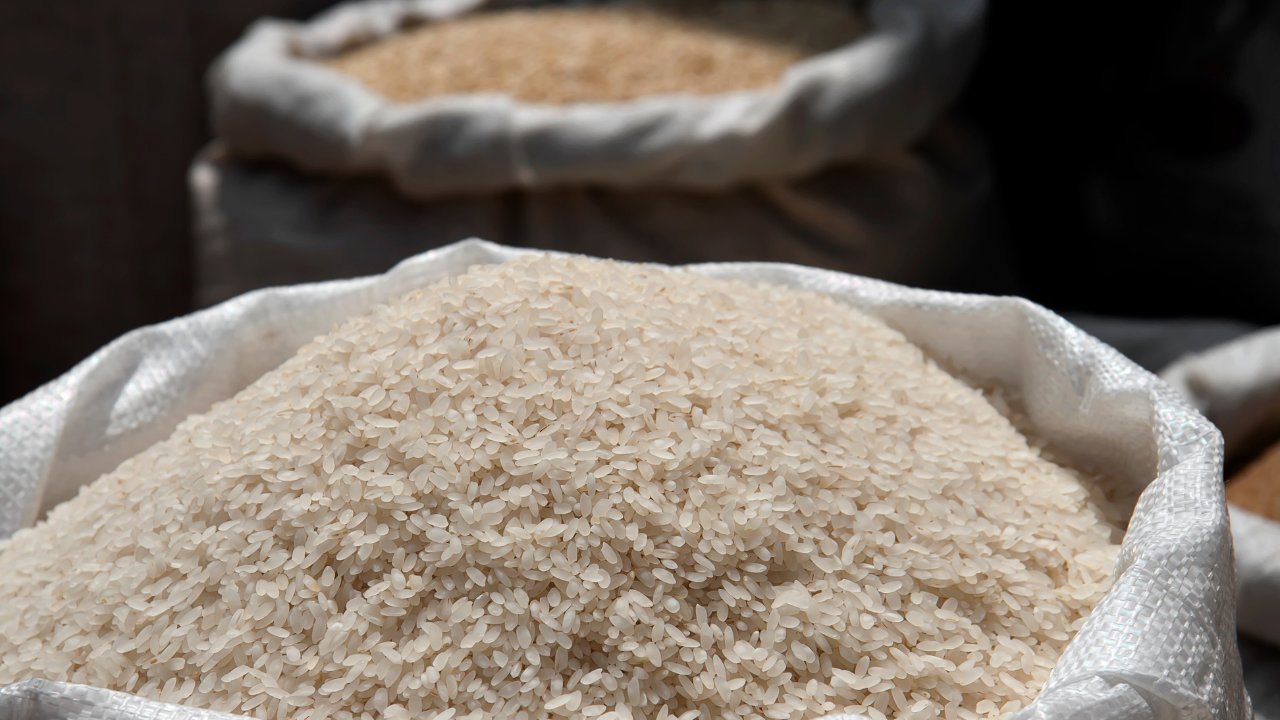Project 29: Agri department to sell P29/kilo rice in ten Kadiwa sites

STOCK IMAGE
The Department of Agriculture (DA) will launch tomorrow, July 5, the large-scale trial of a program aimed at selling rice for P29 a kilo to vulnerable households in select Kadiwa centers.
In a briefing on Thursday, Agriculture Assistant Secretary Genevieve Velicaria-Guevarra said the program dubbed Program 29 or P29 will be unveiled in 10 Kadiwa centers in Metro Manila and Bulacan province.
Identified Kadiwa sites are located in the following: Bureau of Animal Industry and National Irrigation Administration in Quezon City; Bureau of Plant Industry in Manila; Food Terminal Inc. in Taguig City; Philippine Fiber Industry Development Authority in Las Piñas; Caloocan City; Valenzuela City; Brgy. Fortune and BF City (BFCT) in Marikina City and San Jose del Monte City in Bulacan.
READ: DA to import more rice as ‘Bigas 29’ starts in July
Discounted rice will be sold to about 6.9 million vulnerable households, representing around 35 million Filipinos. These include senior citizens, single parents, persons with disabilities and beneficiaries of the government’s Pamilyang Pilipino Program (4Ps).
“The large-scale trial aims to gather comprehensive data on supply, demand, and logistics, essential for the smooth nationwide rollout of the program,” Velicaria-Guevarra said.
Eligible beneficiaries will be allowed to buy 10 kilograms of rice per household per month. They will be required to present identification cards as well as bring reusable containers or bags to minimize plastic usage.
During the implementation period, booklets will be provided to monitor purchases.
The DA estimated that full implementation of this initiative will require approximately 69,000 metric tons of rice.
This will come from various sources including the National Food Authority, the National Irrigation Administration’s rice contract growing project, and potential imports managed by DA-affiliated entities.
The DA expects the number of participating Kadiwa centers to double by August and intends to expand the program to urban centers nationwide with the support of local government units.
